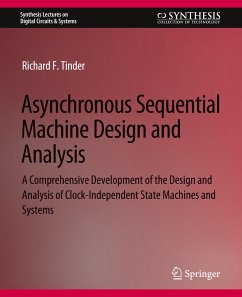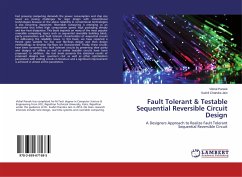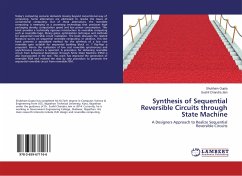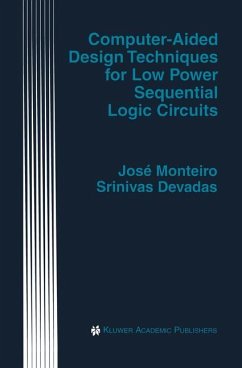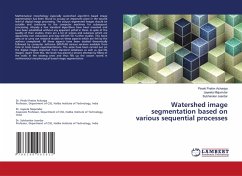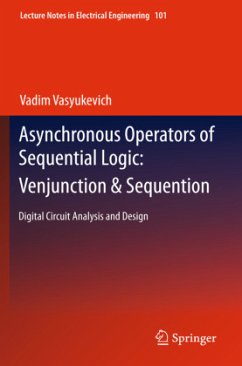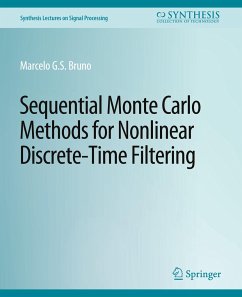
Sequential Experimentation
A new experimentation approach for resolution III, mixed-level and robust designs
Versandkostenfrei!
Versandfertig in 6-10 Tagen
39,99 €
inkl. MwSt.

PAYBACK Punkte
20 °P sammeln!
General augmentation techniques such as foldover and semifold have been a common practice in industrial experimentation for many years. Even though these techniques are extremely effective in maintaining balance and orthogonality, they possess serious disadvantages such as the inability to decouple specific terms and a high level of inefficiency. This book aims for a sequential experimentation approach capable of improving the drawbacks of the general methods while maintaining some of its benefits. This text proposes an algorithm for sequential augmentation of fractional factorial designs reso...
General augmentation techniques such as foldover and
semifold have been a common practice in industrial
experimentation for many years. Even though these
techniques are extremely effective in maintaining
balance and orthogonality, they possess serious
disadvantages such as the inability to decouple
specific terms and a high level of inefficiency.
This book aims for a sequential experimentation
approach capable of improving the drawbacks of the
general methods while maintaining some of its
benefits. This text proposes an algorithm for
sequential augmentation of fractional factorial
designs resolution III. It also explores new
possibilities for augmentation of efficient mixed-
level designs (EAs) and provides a new methodology
for sequential augmentation of mixed resolution
robust designs. The work presented here extends the
current limits of sequential experimentation for
resolution III, mixed-level and robust designs and
provides a viable alternative to experimenters in
situations in which financial restrictions do not
allow the implementation of a general method.
semifold have been a common practice in industrial
experimentation for many years. Even though these
techniques are extremely effective in maintaining
balance and orthogonality, they possess serious
disadvantages such as the inability to decouple
specific terms and a high level of inefficiency.
This book aims for a sequential experimentation
approach capable of improving the drawbacks of the
general methods while maintaining some of its
benefits. This text proposes an algorithm for
sequential augmentation of fractional factorial
designs resolution III. It also explores new
possibilities for augmentation of efficient mixed-
level designs (EAs) and provides a new methodology
for sequential augmentation of mixed resolution
robust designs. The work presented here extends the
current limits of sequential experimentation for
resolution III, mixed-level and robust designs and
provides a viable alternative to experimenters in
situations in which financial restrictions do not
allow the implementation of a general method.



